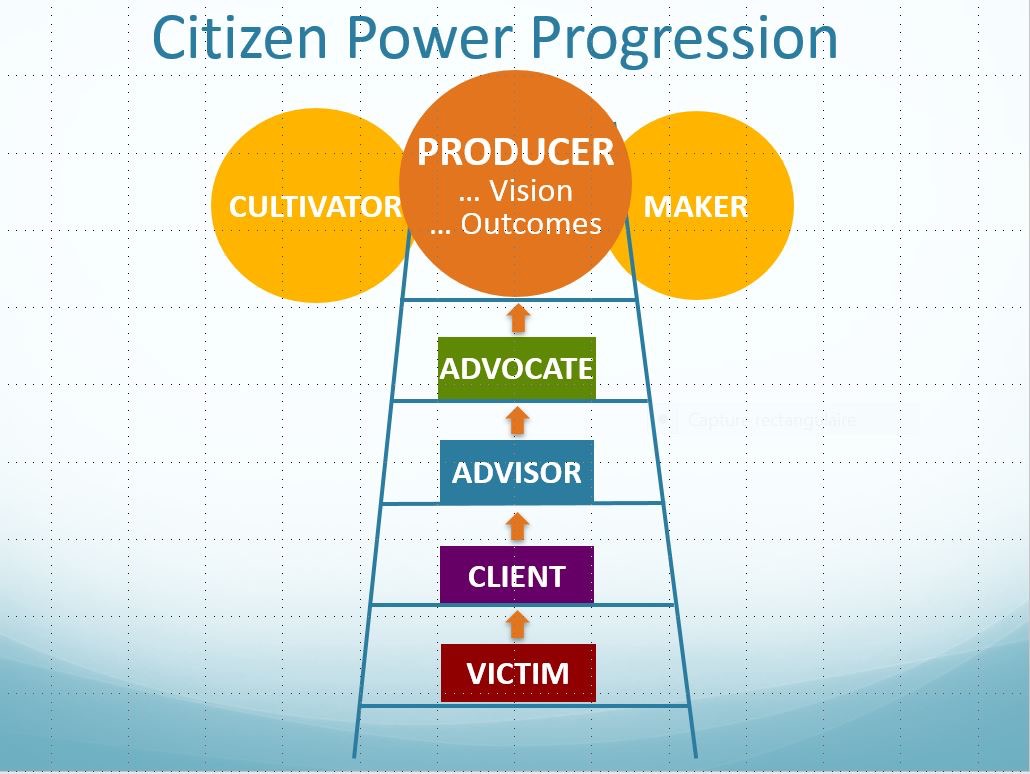
Resilience or resurgence – which do we need most?
Two years ago on today’s date the national newspaper The Irish Times led with the front page headline:
“Economic activity returns to pre-crash levels”.
Was this evidence of the resilience of the Irish economy – were we bouncing back? The headline bore reading again; you could easily read it either as a report on the net result of Irish resilience against harsh economic winds, or a warning that some amongst us were returning to similar reckless activities that precipitated the crash in the first place. It could as easily be read as a compliment as it could an insult. The irony, given the devastating impact that Brexit is likely to wreck on the Irish economy is both profound and disturbing.
Margaret Heffernan’s book ‘Willful Blindness: Why We Ignore the Obvious’ offers an excellent explanation as to why a return to harmful behaviours in spite of the evidence cautioning against it and the pain endured, could well be the case: “We know – intellectually – that confronting an issue is the only way to resolve it. But any resolution will disrupt the status quo. Given the choice between conflict and change on the one hand, and inertia on the other, the ostrich position can seem very attractive.” Brexit could not have been predicted but the Boom Bust cycle could.
(See also Margaret Heffernan’s TED Talk The Dangers of Wilful Blindness.)
Resilience is not simply about bouncing back, it is I think best understood as the ability to continue to make public meaning with others. What Marshall Ganz describes as the capacity to create a positive “public narrative,” where as he explains “the story of me” gains greater coherence and hope because it is actively connected to “the story of us”, and the “story of now”. In Ganz’s helpful framing the “story of now” is not stuck in the past or present, nor is it fearful of generating hope for the future, but rather is grounded in the context of the given situation, rooted so to speak. It is therefore a narrative that is not shackled by critique, it deals with what is, not with assumptions about what should be. Rather than argue about the way things ought to be, it honestly narrates the way the world is (the good, the bad and the ugly, but also the beautiful) and from there calls on us to organise differently so as to create a more compelling future than the past: for us, by us, with us. Why? So that we can co-create the world as it should be, not as it is.
“You may write me down in history
With your bitter, twisted lies,
You may tread me in the very dirt
But still, like dust, I’ll rise.”
(Maya Angelou)
Resilience in my mind is not about the capacity to endure the meaning that external forces impose on us, but about our collective power to produce our own meaning. “Still I’ll rise” in spite of oppression, not just to defy the oppressor, but so that I may take my place in narrating the story of us, here and now, and for the generations to come.
Does our current political and economic climate in Ireland, the U.K., the US and beyond require resilience; resurgence or both?
What will the next stories of me, us, now be? I don’t know but I’m heartened by how many more citizens are showing up for the discussion than have over the last 20 years. I am hopeful that we are seeing a resurgence of citizenship, since a better future is not in hands of government but of citizens. It was ever thus, we just forgot for a while.
Cormac Russell, Nurture Development
